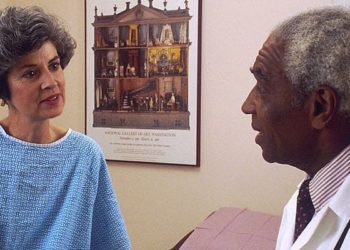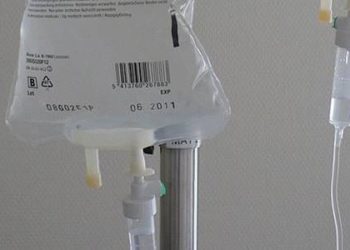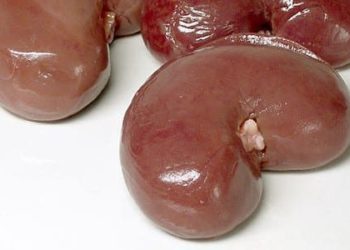Reinfection with hepatitis C virus is highest immediately after treatment in patients on opioid agonist therapy
1. Reinfection with hepatitis C virus (HCV) was highest in the first 24 weeks after treatment completion in persons receiving opioid agonist therapy.
2. Reinfection with HCV was also highest among persons with ongoing injection drug use and needle sharing.
Evidence Rating Level: 1 (Excellent)
Study Rundown: Direct-acting antiviral medications for HCV are commonly used, and are safe and effective among people receiving opioid agonist therapy and people with recent injection drug use. However, a recent systematic review showed that reinfection after successful treatment was 6.2 per 100 person-years among persons with recent injection drug use and was associated with a higher risk for reinfection. There is a gap in knowledge as to understanding the longitudinal associations and rate of HCV reinfection after successful treatment. Overall, this study found that HCV reinfection up to three years after successful therapy is highest immediately in the period after treatment and among people with ongoing injection drug use and needle sharing practices. This study was limited by the study demographics being primarily White men, and that self-reported injecting risk behavior was only collected in the long-term extension study. Nevertheless, these study’s findings are significant, as they demonstrate that reinfection with HCV is highest immediately after treatment and among persons with active needle sharing and injection drug use.
Click to read the study in AIM
Relevant Reading: Impact of Hepatitis C Treatment Uptake on Cirrhosis and Mortality in Persons Who Inject Drugs
In-Depth [long-term extension study]: This three-year, long-term extension study utilized the CO-STAR (Hepatitis C Patients on Opioid Substitution Therapy Antiviral Response) trial, which was a phase 3 study evaluating elbasvir (50 mg) and grazoprevir (100 mg) in people with HCV infection receiving a stable
opioid agonist therapy (OAT) regimen. Patients who were 18 years or older, naïve to HCV treatment, and had chronic HCV infection with genotypes 1, 4, or 6 were eligible for the study. Patients who were receiving OAT at least 3 months before enrollment, had ongoing drug use, active HIV infection, or cirrhosis were also eligible for the study. The primary outcome measured was HCV reinfection, defined as the presence of quantifiable HCV RNA distinct from the primary infecting strain after a negative HCV RNA test at the end of treatment. Outcomes in the primary analysis were assessed via Poisson distribution and the Kaplan-Meier method based on the number of years from the end of treatment to either reinfection or relapse. Based on the primary analysis, the rate of HCV reinfection was 1.7 (95% Confidence Interval [CI], 0.8 to 3.0) per 100 person-years. A higher rate of reinfection was demonstrated among participants with recent injection drug use (1.9, 95% CI 0.5 to 4.8) per 100-person years. Of the total 11 reinfections, 6 of the 11 reinfections occurred within 24 weeks of completing treatment. Overall, this study demonstrates that though the overall rate of HCV reinfection is low, it is highest immediately in the period after treatment completion and among people with ongoing injection drug use and needle sharing. This demonstrates a need for better support of retention in care and enabling broad access to appropriate treatments.
Image: PD
©2022 2 Minute Medicine, Inc. All rights reserved. No works may be reproduced without expressed written consent from 2 Minute Medicine, Inc. Inquire about licensing here. No article should be construed as medical advice and is not intended as such by the authors or by 2 Minute Medicine, Inc.









